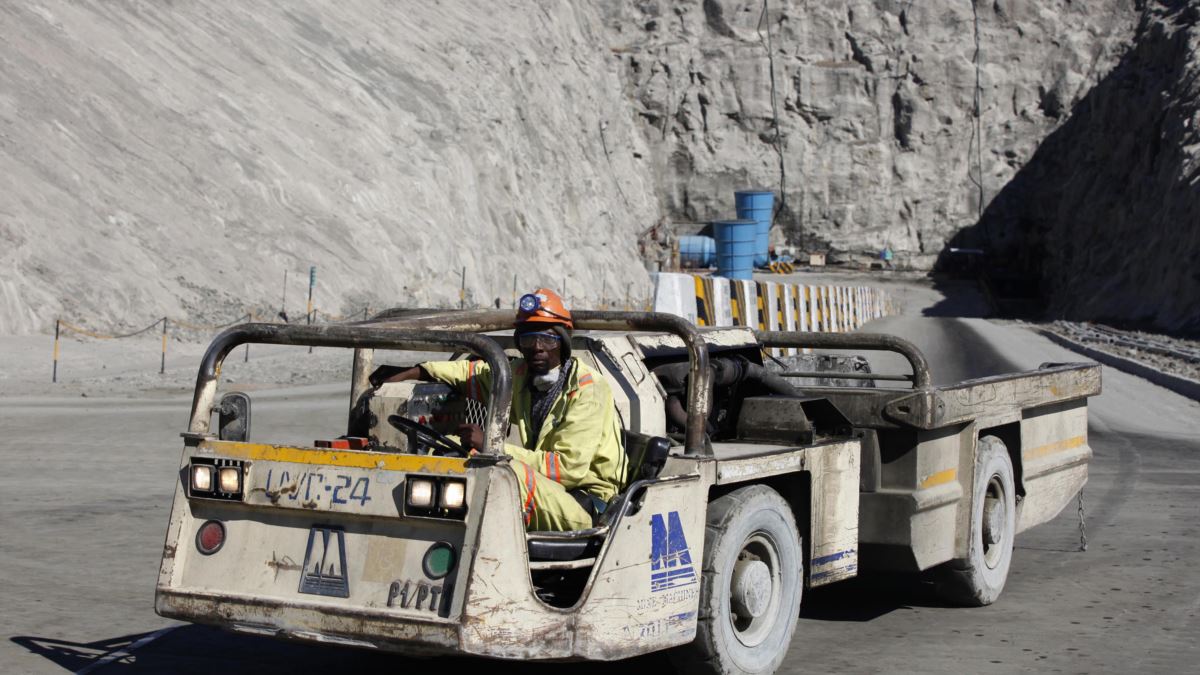Policy flip flops impede platinum deals
INVESTMENT into Zimbabwe’s platinum sector has been held back by unpredictable policies, a leading resource campaigner said this week.
Claude Kabemba, executive director at Southern African Resource Watch (SARW) said unpredictable policies should be addressed immediately, but the country should not be pressured to give too many exemptions to investors.
Zimbabwe holds the world’s third largest platinum reserves, after South Africa and Russia.
However, investment into the sector remains low compared to its peers.
In the past two decades, three key platinum operations have been established in Zimbabwe.
These are Zimplats, a unit of the Johannesburg Securities Exchange (JSE)-listed Impala Platinum, along with Unki, a unit of Anglo America Platinum, which also trades its stock on the JSE.
Mimosa Mining Company, a joint venture of South Africa’s Sibanye and Zimplats, is the third platinum operation.
However, several greenfield projects are at various stages of development.
A special report titled Zimbabwe Fiscal Regime for Platinum, launched by SARW this week said apart from lukewarm investment due to a harsh tax regime, substantial revenues were being pocketed by multinationals, at the expense of Zimbabweans.
The SARW boss said Zimbabwe had given too many exemptions to investors, which were working against the country.
“Why would you give exemptions for a mineral which is needed so much?” Kabemba said in an interview with NewsDay Business.
“The predictability of the fiscal regime is what is key. You can’t have a fiscal regime where you always have a discussion around changes. You don’t guarantee investment. There are investors who like Zimbabwe because of the grade of its platinum which they can’t find anywhere else and have been here for some time. But we are not seeing strong investors coming in, besides the Chinese.
“We are not saying they are not investors, but there are bigger investors who could come on board attracted by the type of Zimbabwe’s minerals. We are not seeing those that have a lot of experience coming. It is because they are not very sure. For me it is that issue of predictability. We need to work around predictability to attract good investors,” Kabemba added.
He rejected the sentiment that Zimbabwe had to reduce royalties and taxes in order to attract investors.
He said the biggest problem confronting the country was its ability to come up with predictable policies.
“What we have realised is the mining companies are not afraid of paying taxes but what they are afraid of is unpredictability. Zimbabwe needs to be confident of its tax system and sell it to whoever wants but be predictable. We think at 2,5% royalties are quite low. We have seen other countries going up to 10% and we think it’s quite high, Zimbabwe could come in-between to find a balance. More critical is predictability of the system but also a system that guarantees maximum benefit for the country and also good returns for the investors,” he said.-newsday











